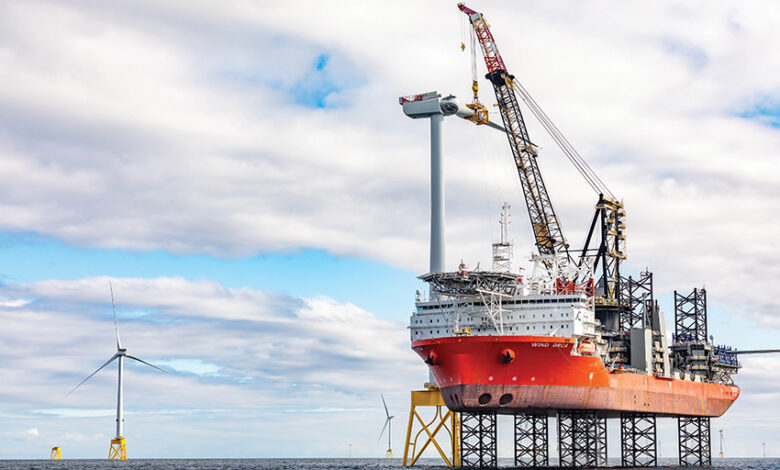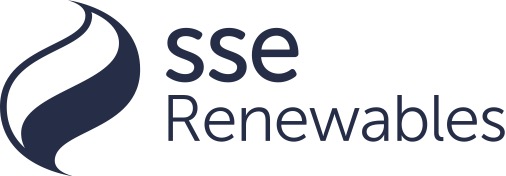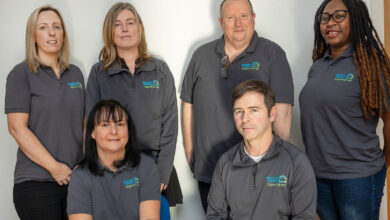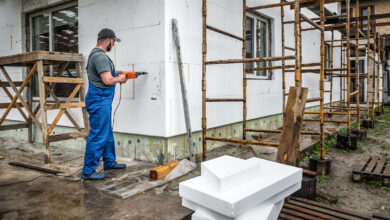Action now, not ambition

Maria Ryan, Director of Offshore Development at SSE Renewables, sets out the three steps we need to take to achieve Ireland’s energy independence.

It is a year since Russia invaded Ukraine, creating a humanitarian disaster and triggering the biggest energy crisis in decades.
As the tanks rolled in, countries across Europe and beyond began to face the consequences of depending too much and for too long on fossil fuels. We here in Ireland were, unfortunately, no exception.
As the energy crisis deepened, we saw fairly rapid consensus on the way forward: a homegrown energy system that is cheaper, cleaner and more secure. This approach has been agreed at an EU-level, with the development of the REPowerEU programme, the aim of which is to help member states in accelerating renewables and diversifying where we get our energy from.
Whilst the EU’s efforts look to remove some of the barriers to renewable energy development (such as by shortening planning timelines), it will only assist member states. The ambition and vision for energy independence must come from Ireland itself.
So, how do we get there?
SSE Renewables have three key steps that we believe Ireland can take to solve the energy crisis sustainably.
Firstly, we should radically increase homegrown renewable generation by accelerating offshore wind as quickly as possible.
The first offshore wind auction will take place shortly and we know that these projects (so called Phase 1) stand by far the greatest chance of delivering in time to meet the Government’s 2030 ambition for at least 7GW of offshore wind. Ireland should maximise the number of projects that are successful in the auction.
Enabling the step change in Ireland’s renewable output that offshore wind offers will reduce Ireland’s exposure to variable fossil fuel prices, providing a buffer against global oil and gas volatility in future. The Government should take action to enable as many Phase 1 projects as possible, so we can deliver as quickly as possible.
At SSE Renewables we are about action, not ambition. In the last year alone our Phase 1 project at Arklow Bank, in the birthplace of offshore wind in Ireland, has secured separate planning permissions for its onshore grid connection and its operations and maintenance base at Arklow Harbour, as well as its Maritime Area Consent (MAC). Arklow Bank is by far the most developed of the Phase 1 projects. SSE stands ready to invest €2.5 billion in our Arklow development in County Wicklow, which will be able to power around 850,000 homes and offset 830 million tonnes of carbon annually.
Beyond Phase 1, SSE Renewables is developing our Setanta and Celtic Sea Array Projects, amongst others. To unlock the potential of these projects, however, industry awaits the so called ‘Phase 2’ policy decision from government, which will set out the way forward for how projects progress. We would point towards the model used in Scotland (known as ScotWind), for a good example of how Ireland could award MACs for this next phase of offshore wind in Ireland. It is critical that we look beyond 2030 and do not limit the Phase 2 projects to solely top up Phase 1 to meet our 2030 targets.
“Ireland should maximise the number of projects that are successful in the Phase 1 offshore wind auction.”
Secondly, we need to develop and implement a clear and credible strategy for a hydrogen economy that will be crucial to replacing fossil fuels over time.
As Irish offshore wind production is ramped up, we can use electricity generated during periods of high wind to produce green hydrogen. In this way, green electricity can effectively be stored as hydrogen, which can be used for various uses including as a flexible electricity generation back-up to renewables when it is less windy.
SSE Renewables is the lead partner in a consortium delivering the Galway Hydrogen Hub (GH2), the country’s first ‘hydrogen valley’, providing green hydrogen for use in transport, industry and within local communities in the greater Galway region, local indigenous production for local indigenous demand. This is a critical first step in building our green hydrogen capabilities. We know that EU support for hydrogen is strong but for much of the last year, Ireland has been in the position of being one of only a handful on member states without a hydrogen strategy, unhelpful in a period of increasing global competition for skills and investment.
We know, however, that the Government’s hydrogen strategy is imminent. It is critical we set out a clear vision if Ireland is to be at the forefront of Europe’s hydrogen story. Ireland has already stated its clear ambition to become a world-leader in renewable energy and this ambition goes well beyond the level of likely domestic electricity demand. During 2022 we have seen how other countries, looking to wean themselves rapidly off Russian gas, are looking to other nations to provide hydrogen. Ireland can and should be able to fulfill this role. Our ability to do this will depend on our competitiveness and having the supporting policy in place as soon as possible.
Lastly, we need to make it easier to develop and operate a range of clean technologies. For instance, co-locating technologies such as battery storage, wind (both offshore and onshore) and solar power together is currently a painful process. In the future hydrogen production can also be added to the mix.
We can fix this by streamlining regulations, making it easier to build out these types of hybrid projects. This includes SSE’s Richfield project in Wexford which combines wind, solar and battery technologies at the same site. Though three successive Government climate action plans (CAPs) have outlined an action to facilitate hybrid connections, progress has been glacial.
This must be the year that Ireland finally facilitates these types of projects, which can help stabilise the electricity grid by storing energy (whether via batteries or hydrogen) generated by renewables for use when the sun does not shine and the wind does not blow.
In summary, SSE Renewables are more than ready to play our part in helping turbocharge Ireland’s next phase of economic growth by harnessing our offshore wind energy opportunity to generate the clean energy we need and enable adjacent clean tech solutions such as green hydrogen and co-location. In doing so, we will tackle climate change and secure our energy independence. It is a win-win opportunity, and it must be seized. But taking full advantage of this needs more than just government ambition, it needs action. The clock is ticking.






